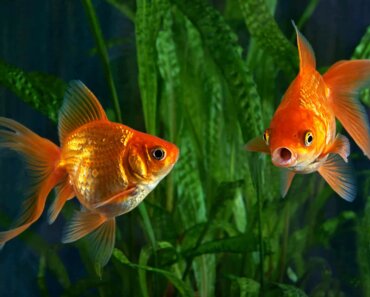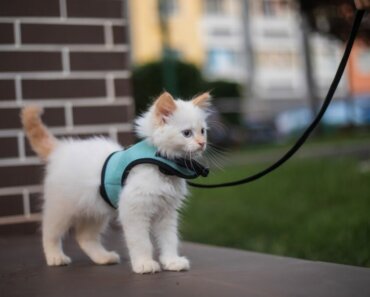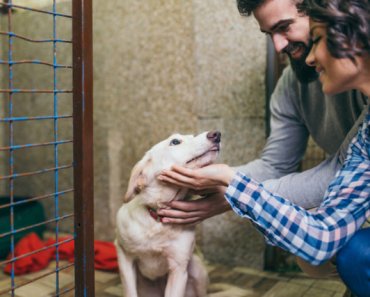If your dog has just had surgery, long walks and play dates at the park will be off the table for a while. These mental enrichment activities will support her recovery by helping to prevent boredom, stress, or reinjury.
When your dog returns home after surgery, the time will soon come when her grogginess wears off and her energy sparks back in. This can be a challenge if she feels she’s ready to go for walks, play fetch, and bounce off the furniture the way she did before. But what your dog really needs is rest, which means you’re tasked with restricting her physical activity for a while. This article looks at how you can use mental enrichment to counter the boredom, stress, and risk of reinjury that can arise from trying to keep a dog physically inactive for long periods.
Whether your dog has undergone a minor op like a spay or neuter procedure, or a more extensive surgery such as an ACL repair, the following seven mental enrichment activities will help keep her happy, safe, and on a steady road to recovery.
1. TURN MEALTIME INTO FUN TIME
Swap out your dog’s food bowl for a food dispensing device such as a puzzle feeder or slow feeder. The added challenge will turn a normal activity into a mentally engaging one.
2. INTRODUCE NEW TOYS
Rotating old toys with new can become a special treat for your dog. “Consider purchasing a few new toys and introduce them one day at a time,” suggests Dr. Natalie Weekes, Shelter Medical Director at the York County SPCA in Pennsylvania. “This can really lift their spirits each day.” Toys of varied shapes and textures are ideal, but be sure to choose durable, quality products without pieces that could be chewed off and swallowed.
3. PUT HER NOSE TO WORK
Try scentwork, or nose games, with your pup. Hide treats around a room, or in objects like cardboard boxes, for your dog to sniff out. This engages her nose as well as her brain. Or try hiding treats under a cup or in one of your hands, and have her use her nose to guess which cup or hand contains the reward.
4. TRAIN HER BRAIN
Recovery time is the perfect time to teach your dog new training cues or tricks that don’t require much movement, such as high five or lie down. Not only can it be rewarding for your dog, but it also strengthens your mutual bond and trains for good behavior.
5. USE PUZZLE TOYS
One of the easiest — and tastiest — ways to keep your dog occupied is by using puzzle toys. Pet stores sell a vast variety of these toys nowadays. If your dog has never engaged with a puzzle toy, start off with something easy and work up to more difficult levels to prevent her from becoming frustrated. To engage your dog mentally for longer periods, try lick mats, snuffle mats, or Kongs filled with frozen peanut butter or wet dog food.
6. ENGAGE HER SENSES
Offer visual stimulation by giving your dog access to a window she can see out of. You can also offer auditory stimulation by playing relaxing music or having the television on. For some dogs, this type of background noise can be very soothing, especially when they are home alone.
7. TAKE HER FOR A CAR RIDE
If your dog loves car rides, this can be another great way to provide mental enrichment. A short, simple road trip can be a fun escape that engages your dog while keeping her relatively immobile. Remember to use a doggy seatbelt to keep her safe, and to prevent her from bouncing around the car if she gets too excited. If your dog is an anxious traveler or gets carsick, however, it’s better to keep her home during the healing process.
Rest is vital for preventing reinjury
Even if your dog acts like she’s raring to go, restricted movement is imperative to allow her body the proper time to heal. Excessive movement could lead to an open or infected incision, bleeding, delayed wound healing, or even worse, according to Dr. Weekes. She cautions that such complications could result in the need for a follow-up surgical procedure, which could further delay healing while increasing costs for you.
But encouraging your dog to rest when she doesn’t want to is easier said than done. “Dogs do not understand the concept of resting for the purpose of healing,” says Dr. Weekes. “For them, staying stimulated means physical activity.” This is where mental enrichment comes into play.
Why mental enrichment is so important
Mental enrichment is important during the recovery process because it provides your dog with cognitive stimulation, mind play, and feelings of accomplishment, thereby minimizing stress and boredom. This is especially true for dogs bred for certain jobs such as hunting or herding.
“If we do not want our dogs to do physical activity, mental enrichment is another way to keep their minds busy, engaged, and distracted,” says Dr. Weekes. “If an animal is deprived of both mental and physical enrichment, their quality of life and well-being can suffer tremendously.”
Dogs need an outlet to release pent-up energy, which means a lack of enrichment can result in depression, irritability, destructive behavior, or even self-mutilation. Through mental enrichment, a dog’s needs can be fulfilled by focusing on a job, receiving a sense of achievement, gaining confidence, keeping mentation sharp, and letting go of anxious energy.
Whatever type of surgery your dog has undergone, these mental enrichment activities can be an important key to ensuring a smooth, stress-free recovery.



























